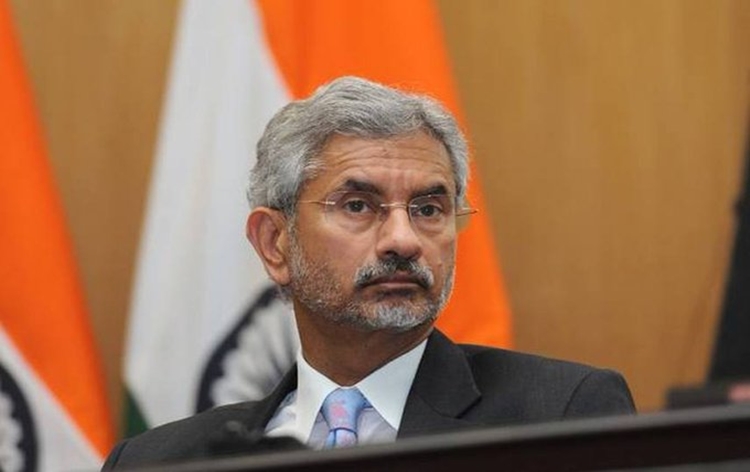India’s External Affairs Minister, Dr. S. Jaishankar, will today Monday April 10 arrive in the country for key trade talks as well as strengthening economic and bilateral ties between the two countries.
According to Uganda’s Ministry of Foreign Affairs, Dr. S. Jaishankar’s working visit will be concluded on April 12th.
“The main objective of this visit is to further bolster the excellent cordial bilateral relations between both countries,” reads a tweet by the Ministry of Foreign Affairs in part.
During the visit, Dr. Jaishankar is expected to hold delegation-level talks with his counterpart Foreign Minister of Uganda General Jeje Odongo and also meet other Ministers.
He is also expected to call on President Yoweri Museveni at State House.
Dr. Jaishankar will also inaugurate the transit campus of the National Forensic Science University (NFSU) in Jinja where a bilateral MoU between the Government of India and the Government of Uganda, on setting up the first-ever campus of NFSU outside India, will be signed.
He will then participate in the ground-breaking ceremony of a solar-powered water supply project in Uganda.
The Minister will also address the trade and business community of Uganda and have an interaction with the Indian diaspora.
His tour comes nearly five year since the visit of India’s Prime Minister, Narendra Modi, in 2018 as India moves to consolidate its growing influence on the global political scene, search for influence in East Africa and her recent economic success.
Although formal India-Uganda diplomatic relations can be traced only to 1965, contact between the two nations has a long history.
Indians served as middle men in the colonial administration in East Africa and oversaw the execution of government projects.
The Uganda Railway, for example, was built by an entirely Indian workforce. While many workers returned to India upon its completion in 1901, an estimated 6,724 Indians remained back in Uganda, resulting in a series of chain migrations from India to East Africa.
By 1970s, over 60,000 people of Indian origin were resident in Uganda. Many of them fell victim to the populist politics of the tyrannical Idi Amin, in 1972, who would later expel all South Asians and redistribute their property.
India severed diplomatic ties with Uganda as a result. From 1986, India gradually re-established links with the East African nation, as the Museveni era brought political stability and saw the restoration to Indians of properties lost during the Amin era.
Today, Indians in Uganda number 30,000 in a country of nearly 50 million, accounting for less than one percent of the population, yet contributing about 65 percent of the government revenues in the form of taxes.
Indian firms are invested in all sectors of the economy from manufacturing to agriculture. The Ruparelia group, valued at $800 million, presided over by Ugandan-born Indian Sudhir Ruparelia, is invested in all sectors in East Africa: banking, insurance, hospitality, real estate, education, broadcasting and floriculture among others, providing employment to over 8000 Ugandans.
The Madhvani group is another story of a simple beginning with roots in the Saurashtra, India, that has transformed into a business with a $500 million turnover in Uganda alone, offering employment to over 10,000 Ugandans.
Investments in the industrial sector not only transform the local economy but contributed an estimated $15 million in annual remittance to India.
His visit is not only expected to strengthen the existing economic relations but also pave way for further Indian investments to the country especially in the health, agriculture and Information Technology (IT) sectors.
Uganda has been a significant beneficiary of India’s capacity building schemes through several Indian Council of Cultural Relations (ICCR) vocational and other non-vocational schemes and Indian Technical and Economic Co-operation (ITEC) capacity building schemes.
There are approximately 500 Ugandan students in India at any given time. Every year Uganda receives several scholarships for students to study various degree and vocational courses in India; the numbers of students coming to India are expected to surge after the current visit.
Cooperation in defence and counter-terrorism also received attention, members of the Uganda People’s Defence Force (UPDF) are being trained in various Indian Army training institutions in India under the ITEC.
The Indian military training team has always been deployed in Uganda’s Senior Command and Staff College (SCSC) in Kimaka to train soldiers.

